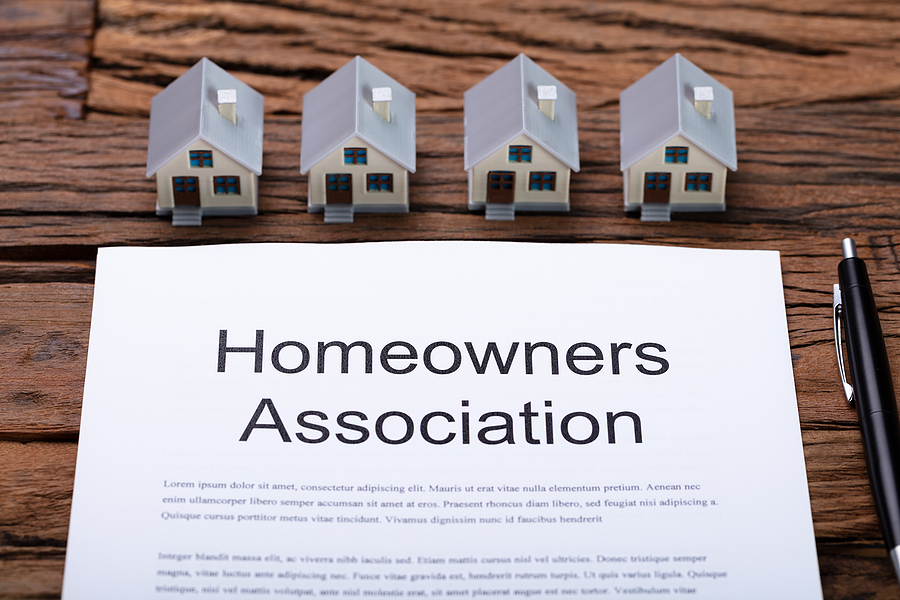Updating Governing Documents

A new year is nearly upon us. That means it’s time for HOAs to conduct their annual review of governing documents. As your board takes on this task, there are some key elements to address. Areas to Review in Governing Documents Developer/declarant rights. If your HOA is new, it important to understand what declarant control is and why your governing documents need to be updated. Before an HOA is controlled by a board, the association is under “declarant control”, meaning the developer or other involved party has control of the property. If you have an operating HOA board, you no longer need sections or wording associated with developer/declarant rights, so you can either edit them to reflect the Board’s leadership position or get rid of them all together. Not in alignment with state laws. One way to quickly check if your document aligns with state laws is by comparing the dates of the laws mentioned in your bylaws to the date your bylaws were signed into effect. If your bylaws are older, it is good practice to review them to ensure your HOA is still in compliance. Outdated communication and voting requirements. The COVID-19 pandemic changed many things, but one of the most significant is how people vote and everything from their HOA boards to our elected officials. Make sure your voting options are updated by including options for voting by mail, online, and by proxy. If your bylaws also state that the only acceptable way of voting is via mail, make sure you update them to reflect current technology that your HOA uses when voting. Difficult to understand. If you feel like you need a team of lawyers to decipher your bylaws, it is worth the time to edit them to make them clear for all to understand. If there are words that you had to look up or phrases that left you scratching your head, it’s time to reword them for clarity.
Understanding Your Governing Documents

After joining a CIC, or Common Interest Community, each member receives governing documents they must follow in respect to how the community and individual units are operated and used. In most cases, governing documents include a declaration, bylaws, articles of incorporation, and rules and regulations. Those documents will describe important administration or financial info like the association’s rights and responsibilities, the homeowner’s rights and responsibilities, how the annual budget is created, and the procedure to follow when electing a board. Most importantly, the governing documents will also outline the powers granted to that elected board, which exists to help operate and preserve the association. The board will typically have the power to create or amend rules and regulations in the CIC, create procedures and parameters for fining when owners are not compliant, adopt an operating budget (which sets “dues”), hire vendors to provide services to the association, etc. Additionally, if damages or other issues occur on association property, the governing documents disclose the insurance coverage of the CIC and how the responsibility between the association and unit owner differ. In many cases, documents may define that anything outside an individual unit becomes a responsibility of the association, while maintaining and repairing damage inside the unit boundaries becomes a responsibility of the unit owner. It’s important to understand that distinction while owning the unit, which the governing documents and board will uphold. When a homeowner decides to sell their unit, the governing documents will most likely include regulations to follow during that process. In Minnesota, under the Minnesota Common Interest Ownership Act, the seller of a unit must provide the governing documents to a prospective buyer to view before purchasing. In every step of the association member’s ownership, the governing documents are necessary to read and learn in order to understand the operation of their Common Interest Community.
